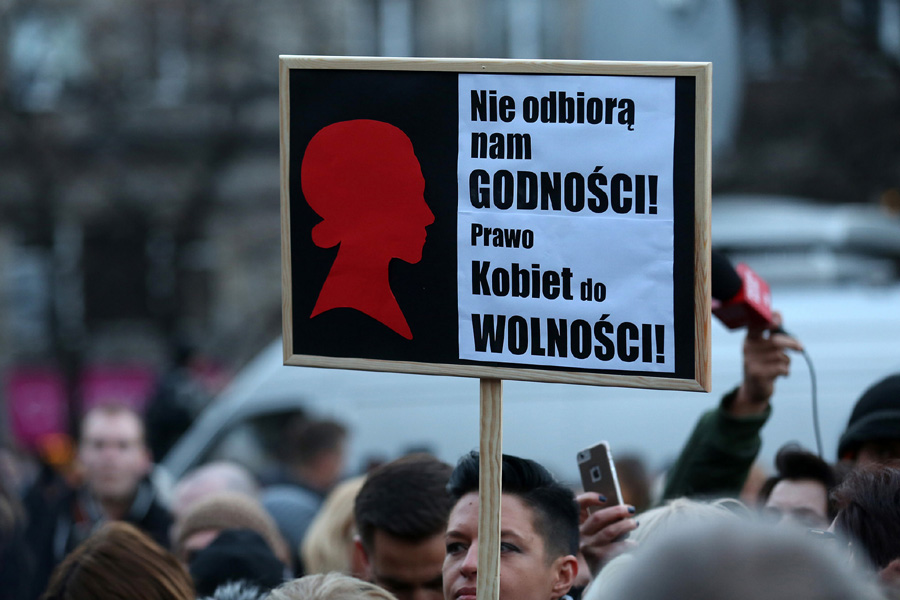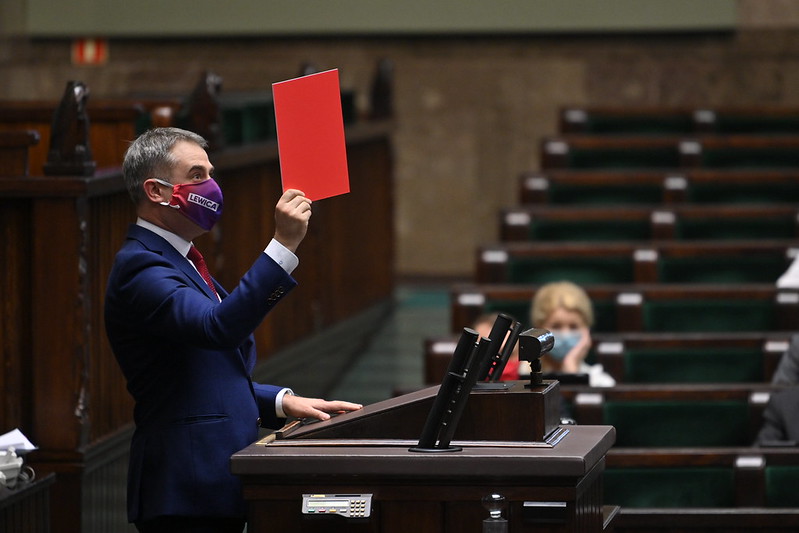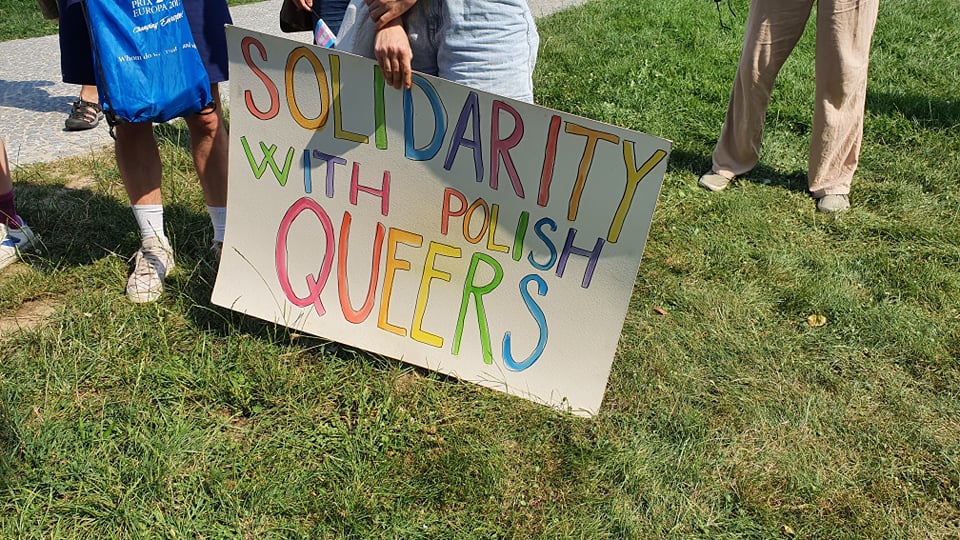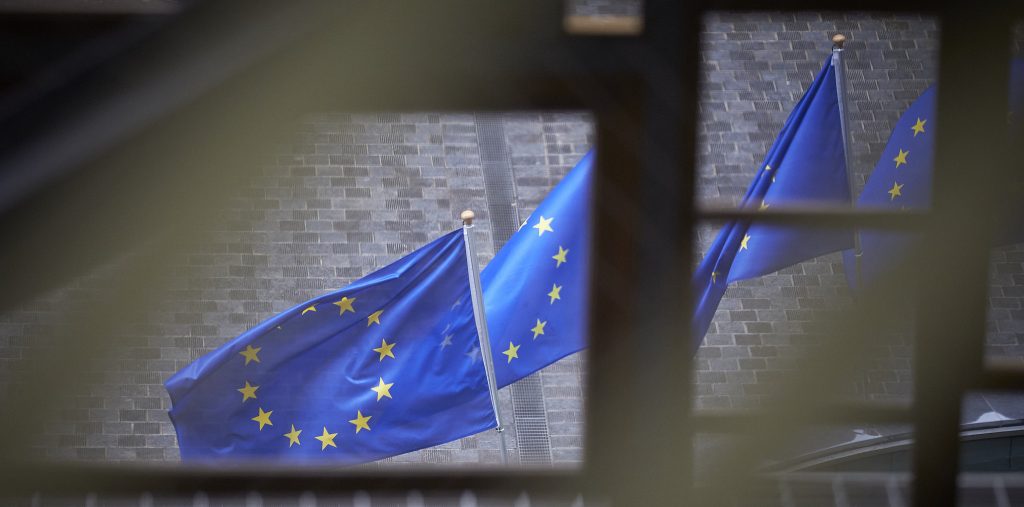
Thoughts and Observations on Polish Media Freedom
After the PiS government declared it is going to “repolonize” media, the US and German ambassadors to Poland, respectively Georgette Mosbacher and Arndt Freytag von Loringhoven, have met to discuss the freedom of press.











